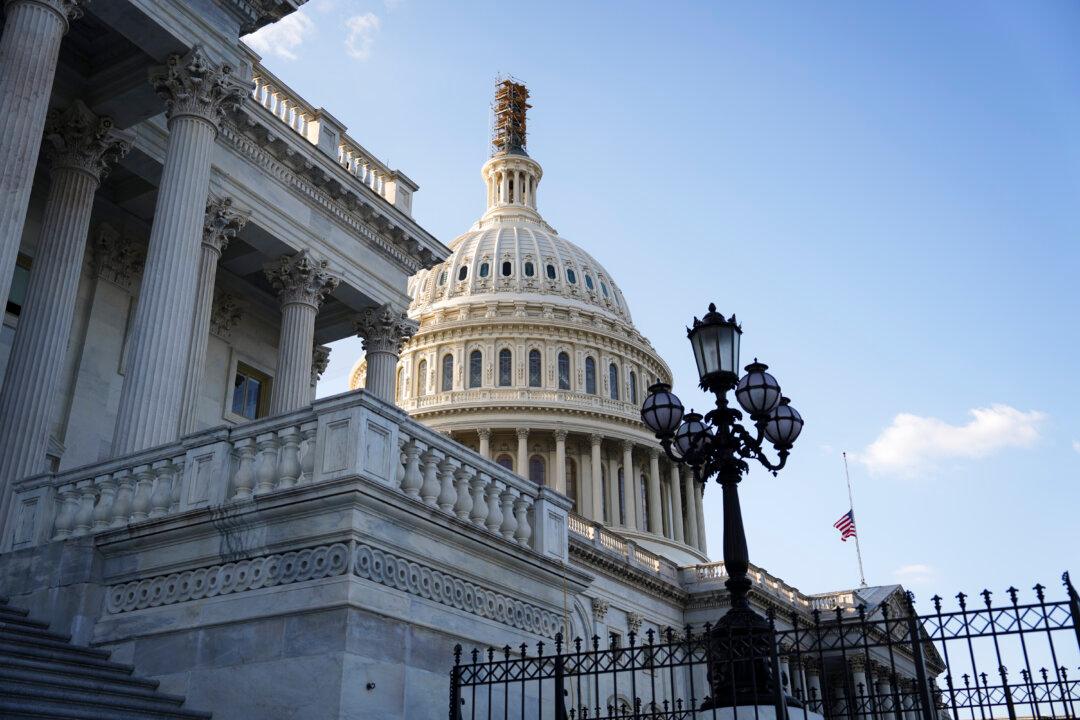For the fifth time in the 118th Congress, a procedural vote to proceed with legislation in the House of Representatives has failed.
On Jan. 10, joining all 203 Democrats, 13 House Republican conservatives again tanked a vote, 203–216, to adopt a rule surrounding measures for later votes, in protest of GOP leadership.





